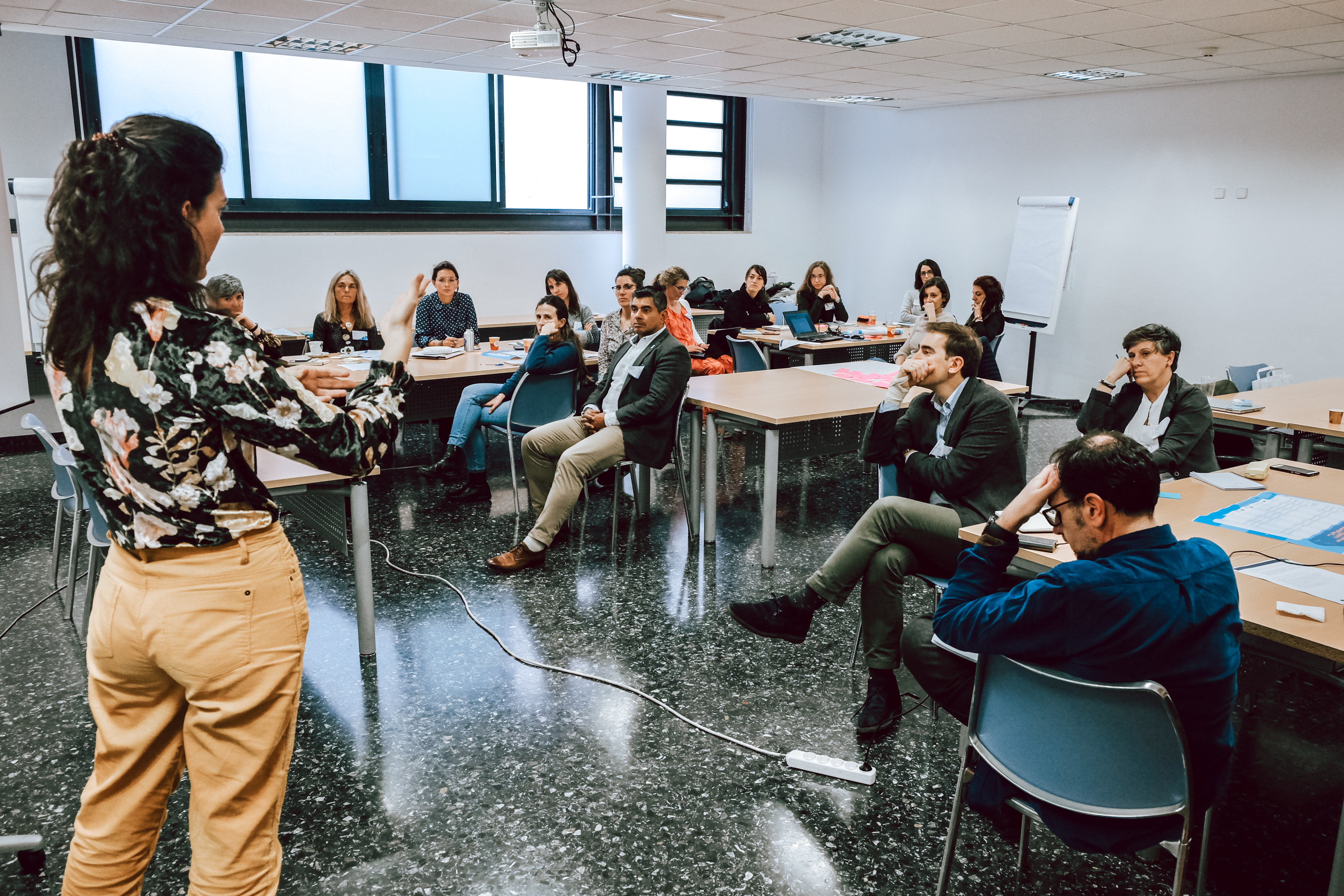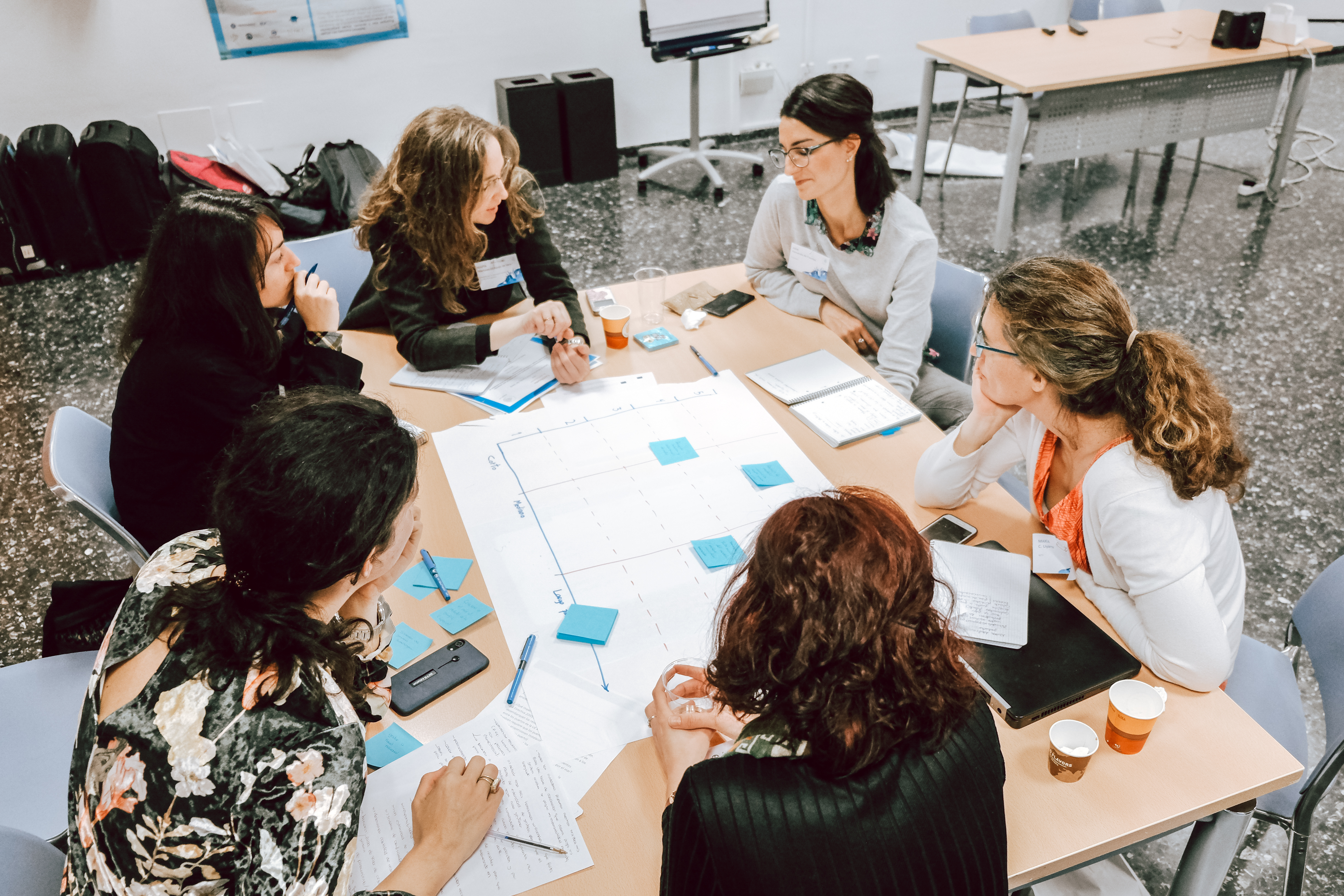The third AQUA-LIT Learning Lab was held in sunny Valencia, the 4th of February, to discuss how the aquaculture sector can help tackle marine litter!
The Mediterranean Learning Lab (LL) gathered 16 participants and 6 members of AQUA-LIT Team in a full immersion day of brainstorming and co-creation of solutions for marine littering from aquaculture sector.
The LL started with a short introduction to AQUA-LIT and its first results, followed by presentations about the Spanish Government involvement in marine litter management by the Directorate of Marine Environment, Centre for Harbour and Coastal Studies, and about the current marine litter situation from data monitoring by the organisation Vertidos Cero.

After the introduction, as in the Baltic and North Sea Learning Lab, participants were divided in different groups and invited to discuss, share ideas and identify current barriers about marine littering from the aquaculture sector considering the three different prospective:
Some of the results and outcomes of the day are summarised below:
marine litter standardised monitoring systems must be implemented in all aquaculture facilities. Logbooks for tracking items lost and replaced and tagging material systems were two of the many solutions proposed.

Legislation regarding selective collection and valorisation of aquaculture gears should be implemented, and synergies between fishing and aquaculture (and if possible other industries) should be explored for improving waste collection and recycling systems. Better definition of competence in waste management is needed to solve the lack of responsibility of material lost and low recycling rate.
In relation to prevention and reduction solutions, increasing the knowledge of the type of aquaculture items most frequently lost, broken or abandoned would help to identify the needs for the development of sustainable designed gear. Therefore, also the creation of synergies between farmers and gear producers was considered essential. Finally, including the facilities regular maintenance in the good practice’s certification scheme would help to reduce the gear losses.
Stay tuned on AQUA-LIT news and publication of all results!

State of Play (Estado de la situación)
Te sugerimos leer este documento para entrar en contexto.

Agenda
Te invitamos a revisar la agenda del día haciendo click aquí:

We are happy to announce that the Mediterranean Learning Lab will take place in Valencia, Spain on February 4th, 2020.
The Learning Lab will have a highly interactive format encouraging participants to exchange their insights and opinions about the issue of litter in aquaculture and discuss possible solutions.
This workshop will be interdisciplinary in nature. Apart from those working directly in the aquaculture sector, this workshop is also well suited to those focused on topics of waste management, environmental protection and business development.
This will also be an opportunity to learn about the AQUA-LIT project results and hear from the experts in the field. If you wish to briefly present your company, business model, research, or idea related to issue of litter in aquaculture please contact maria.vidal@ieo.es with the brief description of your presentation proposal.
